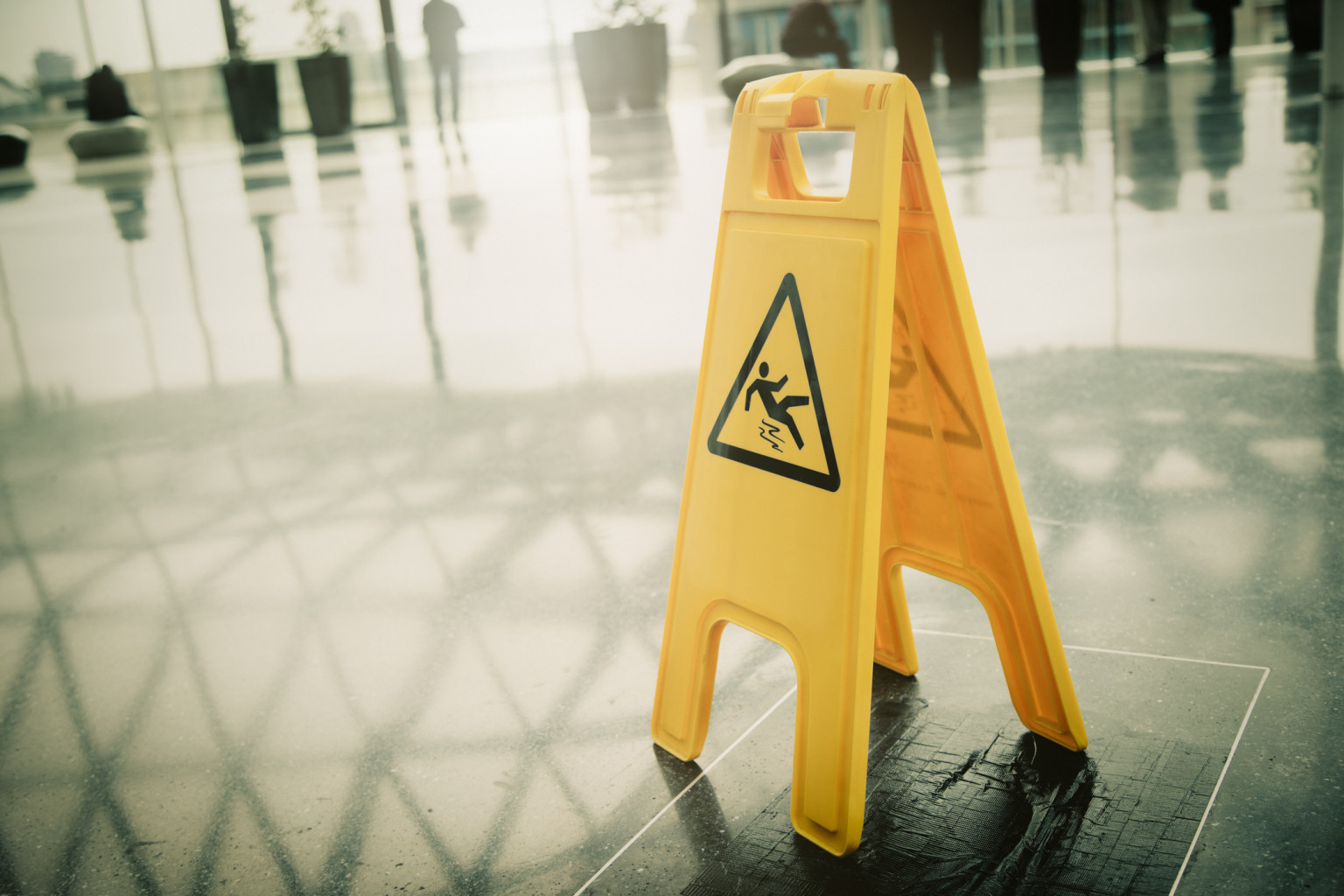The legal doctrine of premises liability is one under which the possessor, occupier, or owner of a property may be held liable for any accidents that take place on their property. A subset of personal injury law, premises liability is applicable on both public and private properties in Virginia. The theory states that the occupier or owner of a property owes a duty of care to those who visit their property to provide a reasonably safe environment. The doctrine also states that should the possessor or owner be unable to repair a hazardous condition promptly, they have a duty to caution their visitors. If they are negligent in doing so, and that negligence results in an accident, such as a slip-and-fall or trip-and-fall, the injured party is eligible to pursue compensatory damages via a premises liability lawsuit. If you were injured on someone else’s property, contact the Portsmouth personal injury attorneys at Shapiro, Washburn & Sharp today to schedule a free consultation.
Leading Premises Liability Claims
The three main premises liability claims in Virginia are:
Slips, Trips, and Falls
Slip, trip, and fall claims make up the largest portion of premises liability claims filed in the United States each year. Research has shown that these kinds of accidents are the number one cause of emergency room visits nationwide. They are also one of the main causes of traumatic brain injuries and hip fractures among senior citizens.
Common hazardous conditions that can result in a slip or trip-and-fall accident are:
- Ice and snow accumulations
- Spills that are marked or not tended to
- Puddles caused by leaking appliances
- Loose debris on stairwells and floors
- Uneven, missing, or broken steps
- Missing, broken, or defective handrails
- Ripped carpeting
- Unattended cables and tools in high-traffic locations
- Uneven flooring
- Potholes and cracks in parking lots and sidewalks
- Inadequate or no lighting
Elevator Accidents
For those who live, work, or visit multi-story buildings, elevators are a common conveyance. The person who owns or has leased the property is responsible for the upkeep of any elevators and ensuring that they are in proper working order. If the owner or lessor fails to uphold this duty, they could be held liable for any resulting injuries, fatalities, and other damages.
Some types of elevator accidents that could potentially lead to premises liability claims are:
- Defective doors
- Leveling issues
- Excessive speed
- Electrocution
- Falling down shafts
Negligent Security
Also known as inadequate security claims, negligent security claims may be filed against property possessors or owners who fail to supply proper security measures to anyone visiting the property. Inadequate security claims are a bit different from other forms of premises liability claims because they involve filing a civil lawsuit for a criminal offense.
It is worth noting that the negligent security theory does not entitle visitors to sue a property owner for any crime committed on their property. They can only be held responsible for crimes that were foreseeable. For example, if a spate of muggings had recently occurred in the parking lot of a restaurant and the owner was aware or should have been aware that the likelihood of another mugging taking place was high but they failed to warn customers or take any preventative measures, they could be held liable.
Common examples of inadequate security are:
- Inadequate lighting inside the property and/or in the parking lot
- Lack of security cameras
- Failing to repair broken doors, windows, or other potential points of entry
- Failure to install or repair door and window locks
- Lack of security guards in high-crime areas
- Failing to address a hazardous situation even after a visitor, resident, or customer calls attention to it
Where Do Most Premises Liability Accidents Take Place?
Premises liability accidents can happen just about anywhere. Some of the most common places are:
- Shopping malls
- Retail and grocery stores
- Bars and restaurants
- Movie theaters
- Hotels
- Rec centers and gyms
- Sports stadiums
- Schools and universities
- Nursing homes, care homes, and hospitals
- Bus stations, train stations, and airports
- Apartment buildings
- Industrial facilities such as warehouses, manufacturing plants, and factories
You can also bring a lawsuit against the owner of a residence if you sustain injuries due to a hazardous condition that they failed to repair or warn you about.
Were You Injured in a Premises Liability Accident?
Proving liability for a premises liability accident can be challenging since you have to show that the owner had constructive or actual knowledge of the dangerous condition that caused your accident. The reputable Portsmouth personal injury attorneys at Shapiro, Washburn & Sharp have over five combined decades of experience in successfully proving liability and securing damages for those injured due to negligent property conditions like the $800,000 jury award we achieved for our client after he fell and broke his hip on a hazardous set of stairs at a rental property. If you were injured on property owned by another person and are considering taking legal action, you can schedule a free consultation with a member of our legal team by calling (833) 997-1774 or filling out the contact form on our website. We have offices in Portsmouth, Hampton, Norfolk, Chesapeake, and Virginia Beach.
